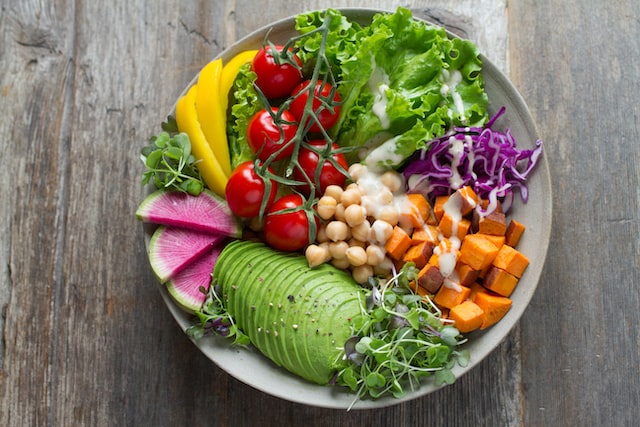Understanding Calorie Dense Foods: The Importance of Nutrient Density

When it comes to maintaining a healthy diet it’s important to not only pay attention to the number of calories we consume but also the nutrient density of the foods we eat. In this article we’ll explore the concept of calorie dense foods and the importance of nutrient density in maintaining a balanced diet.
Why is Nutrient Density Important?
While calorie dense foods may provide a quick source of energy they often lack important nutrients that are necessary for maintaining a healthy diet. Nutrient dense foods on the other hand are foods that provide a high amount of nutrients in relation to their calorie content.
Eating a diet that is rich in nutrient dense foods can help to provide the body with the necessary vitamins, minerals, and other nutrients that are important for maintaining overall health. This can include reducing the risk of chronic diseases such as heart disease, diabetes, and cancer.
Some examples of nutrient dense foods
- Green leafy vegetables such as spinach and kale
- Legumes such as beans and lentils
- Avocados
- Sweet potato
- Ground beef
- Broccoli, cauliflower, and brussels sprouts
What are Calorie Dense Foods?
Calorie dense foods are foods that contain a high number of calories in a small serving. These types of foods are often high in fat and sugar and can easily contribute to weight gain if eaten too often. Examples of calorie dense foods include fried foods, pastries and sugary drinks.
How to Add More Nutrient Dense Foods To Your Diet
One way to increase the amount of nutrient dense foods in your diet is by focusing on eating more fruits and vegetables. This can be easily achieved by adding a salad or fruit to your lunch or more vegetables to your dinner.
Another way to increase nutrient density is to choose whole grain options over processed options. This can include choosing whole wheat bread over white bread or brown rice over white rice.
Lean proteins such as chicken, fish and tofu are also great options for adding more nutrient density to your diet.
Adding a variety of nutrient dense foods can help to ensure you that you are getting all of the nutrients necessary to maintain a healthy lifestyle.
Conclusion
Calorie dense foods may provide a quick source of energy but they often lack important nutrients that are necessary for maintaining a healthy diet. By adding more nutrient dense foods into your diet such as fruits, vegetables, lean proteins and whole grains you can reduce your risk of chronic diseases and increase your overall health.

